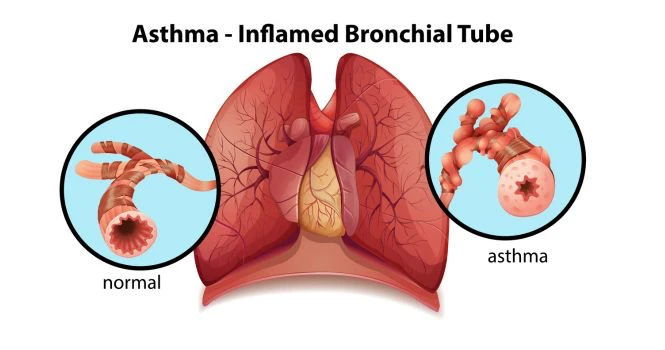Tuberculosis Outbreak 2025: Latest Updates, Trends, and What You Need to Know

Tuberculosis Outbreak in Kansas Confirmed
Health officials in Kansas City have confirmed a tuberculosis outbreak, raising concerns about public health and safety. The Kansas Department of Health & Environment (KDHE) is working with local departments and following CDC guidelines to ensure proper treatment and prevent further cases.
If you live in Kansas or nearby areas, it’s important to understand tuberculosis symptoms, the risks of the TB outbreak, and available vaccines to protect yourself and your loved ones. Residents are urged to remain cautious and follow health guidelines to prevent further transmission.
What is Tuberculosis (TB)?
Tuberculosis, or TB, is a contagious bacterial infection caused by Mycobacterium tuberculosis. It primarily affects the lungs but can also impact other parts of the body, such as the intestines, bones, joints, and lymph nodes.
TB spreads through airborne particles, meaning you can get infected when an infected person coughs, sneezes, or speaks.
To learn more about how TB spreads and its effects on the body, visit our detailed guide here.
How Serious is TB?
- TB is preventable and curable with early detection and treatment.
- Without treatment, TB can become life-threatening.
- Drug-resistant TB is a growing concern, making early diagnosis crucial.
Tuberculosis Symptoms: Do You Have TB?
If you experience any of these TB symptoms, seek medical attention immediately:
- Persistent cough (lasting more than 3 weeks).
- Coughing up blood.
- Fever and night sweats.
- Unexplained weight loss.
- Severe fatigue and weakness.
- Chest pain and difficulty breathing.
Who is at Risk?
- People in Kansas City and surrounding areas due to the outbreak.
- Individuals with weakened immune systems (e.g., HIV/AIDS, diabetes). HIV patients are particularly vulnerable to infections like TB — and even unexpected exposures, as highlighted in recent CDC reports linking multiple HIV infections to unsanitary vampire facial procedures.
- Elderly people and young children.
- People in crowded places (e.g., hospitals, schools, prisons).
Tuberculosis Vaccine: Is There a TB Vaccine?
Yes! The BCG vaccine (Bacillus Calmette-Guérin) is available, but it is not widely used in the U.S. because TB is relatively rare.
Who Should Get the TB Vaccine?
- Infants in high-risk areas.
- Healthcare workers exposed to TB patients.
- People traveling to countries with high TB rates.
If you’re in Kansas City or nearby, consult your doctor about TB testing and vaccination options.
How Does TB Spread & How Can You Stay Safe?
TB is airborne, meaning it spreads when an infected person coughs, sneezes, or talks. Unlike COVID-19, it does not spread by touching surfaces or sharing food.
How to Protect Yourself from the TB Outbreak:
- Wear a mask in crowded places.
- Avoid close contact with people showing symptoms.
- Get tested if you’ve been exposed.
- Complete your TB treatment if diagnosed (do not stop midway).
Health officials urge Kansas residents to get tested if they experience any TB symptoms or have been in contact with an infected person.
What to Do If You Have TB Symptoms?
- Visit your nearest healthcare provider.
- Get a TB test (skin test or blood test).
- Follow your doctor’s treatment recommendations.
- Take your antibiotics as prescribed to prevent drug resistance.
If left untreated, TB can spread and become more difficult to cure. Early detection is the key to successful treatment.
Stay Updated on the Kansas Tuberculosis Outbreak
For the latest updates, visit:
- Kansas Health Department: [Official Link]
- CDC Tuberculosis Resource: [Official Link]
The 2025 tuberculosis outbreak in Kansas is a reminder that TB remains a serious public health threat. By understanding the symptoms, getting tested, and following prevention guidelines, you can protect yourself and your community. Vaccines like the BCG vaccine offer hope, but early detection and treatment are critical.
Share this article to spread awareness about TB. If you experience any symptoms or have been exposed, consult your doctor immediately. Together, we can stop the spread of tuberculosis.
![]()












